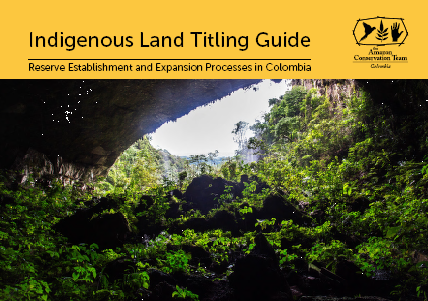Land Reform: still a Goal worth Pursuing for Rural Women?
Asks whether land reform is still a goal worth pursuing for rural women. Includes gender and land reform; changing livelihoods and de-agrarianisation; insecurities; land tenure and land titling; limitations to land; arguments for landholding; a few policy and practical initiatives; conflicts over land and property. Concludes that, despite all the problems outlined, land reform for rural women is worth pursuing since, among other things, it would lessen the risks of hunger and malnutrition and also provide links to rights in other spheres.






